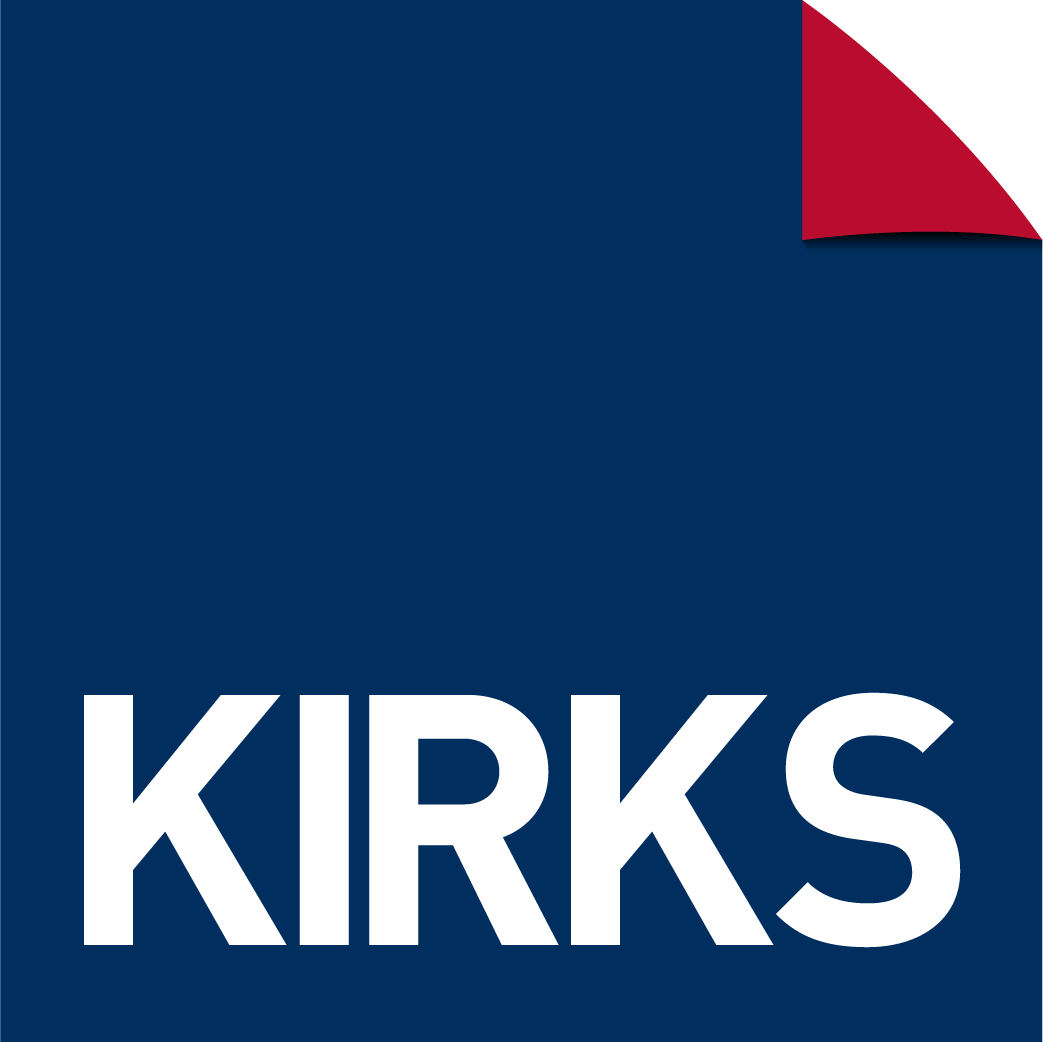The quick answer
When a company goes into liquidation the directors’ powers immediately cease. From this point onward directors can no longer make payments, order or sell goods, sell assets or issue orders to any employees. They will also no longer be paid but they still have a legal duty to assist the liquidator.
In more detail
LIQUIDATION AND DIRECTORS IN DETAIL
When the directors decide that a company needs to go into liquidation they will chose a Licensed Insolvency Practitioner like us to assist them through the process.
Usually within a one to two week period before liquidation the proposed liquidator will ask the directors to assist with the following:
- Produce a detailed list of every supplier owed money. These are known as creditors.
- Produce a list of the money due into the company for unpaid sales. These are known as debtors.
- A list of company assets including where they are kept.
- A list of all the employees including pay details.
- Details of the company’s bankers.
- VAT, PAYE and corporation tax reference numbers and amounts owed.
- Copy hire purchase and loan agreements.
- Provide accounting records for the last six years of the business.
- Draft a company history.
The proposed liquidator, once instructed, will write an engagement letter to the directors asking them to stop trading and ensure that the assets of the business are preserved for the creditors as a whole.
In the final few days before the meeting of members (shareholders) and creditors, the liquidator will ask the directors to approve the statement of affairs (similar to a balance sheet). This is part of what is called a SIP 6 report.
This SIP 6 report shows the company assets and liabilities. It also contains a summary of the last three years trading figures, a company history and some statutory information about the company such as who the directors are.
This SIP 6 report is sent to all creditors and shareholder of the company to be liquidated.
CREDITORS’ AND SHAREHOLDERS’ MEETINGS
These are separated into two meetings held on the same day.
The shareholders meeting gets held first and shareholders should normally receive 14 days notice of the meeting unless 90% of shareholders agree to short notice. At the shareholder meeting resolutions are put forward to place the company into liquidation.
The chairman of this meeting is usually the company managing director but can be any director.
The second meeting is a creditors meeting.
This meeting can be held online by Skype or Zoom or by telephone. If sufficient creditors request a physical meeting then one should be held although due to Covid-19 the professional bodies who regulate insolvency have confirmed this may still be held on Zoom or other video method.
The liquidator will ask the directors to attend both of the shareholder and creditors meetings in order to answer reasonable questions from the invited attendees and be chairperson to both meetings. The directors will also have to sign various forms and resolutions once the meetings have concluded.
The company is officially in liquidation once the meetings are over. It is at this point that the director’s powers all cease and the liquidator then takes over.
The time taken to complete the liquidation varies with every case but it typically takes up to one year to deal with a liquidation and for the liquidator to then close the case and issue a final report to all creditors and shareholders.
Although the directors are no longer employed once a company is in liquidation it is usual for the liquidator to ask the directors for further help on various matters, including tracing assets, helping collect disputed debts or answering questions about the business in the lead up to liquidation.



